A Wisconsin group known as the Catholic Charities Bureau is now asking the US Supreme Court to look at their case after an unfavorable decision in the Wisconsin Supreme Court regarding the state unemployment program.
The group has been embroiled in a lengthy legal battle to gain exemption like other religious groups from the state unemployment program, alleging that their exemption denial violates the group’s free practice of religion under the First Amendment.
Unemployment Insurance
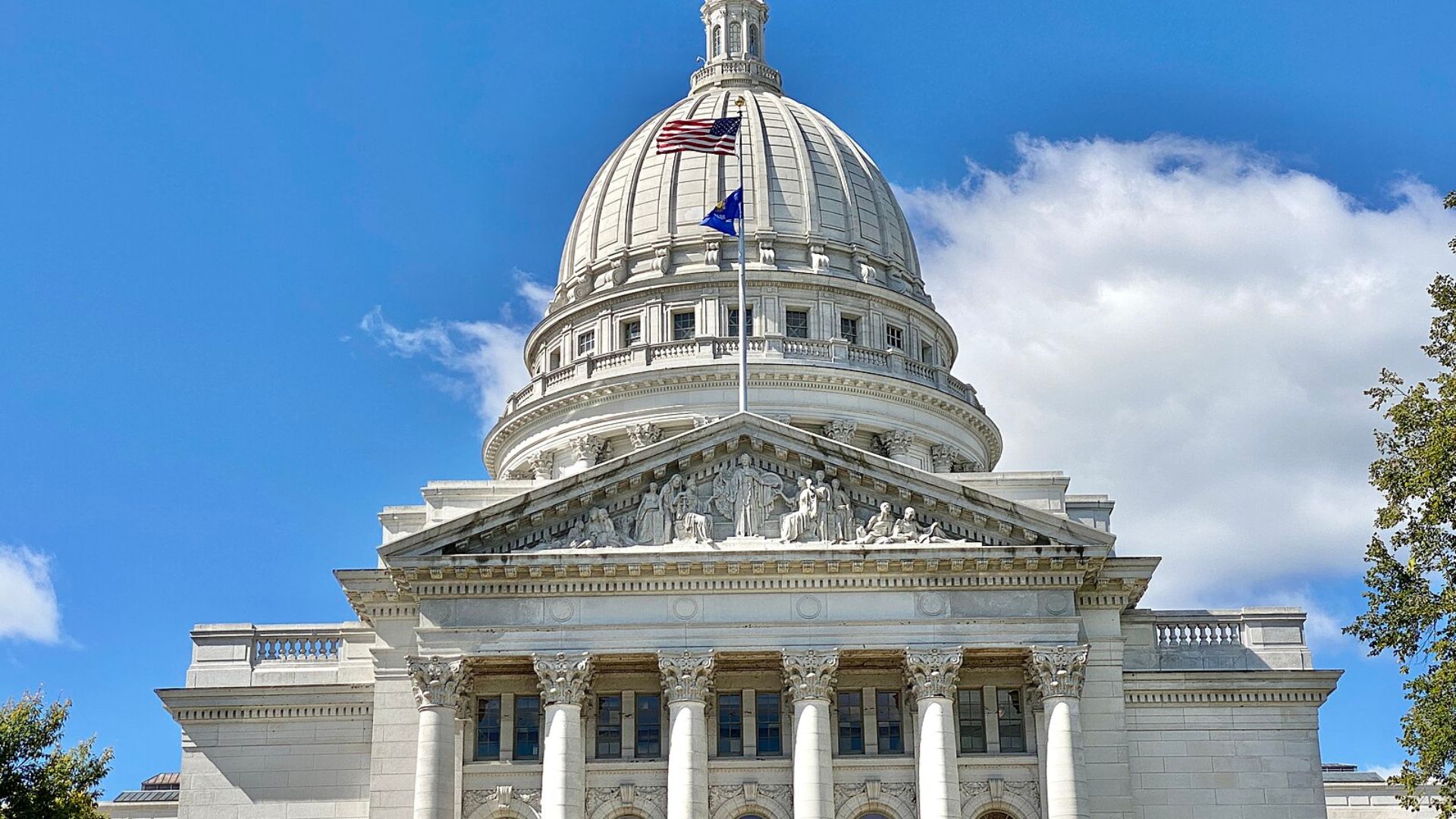
Wisconsin law requires that certain employers pay into an unemployment benefits program, though it offers exemptions for operations that are primarily religious in nature.
However, despite being a religious organization, Catholic Charities has been denied this exemption. This denial stems from a policy where they don’t seek to convert the poor, elderly, and the disabled to their religious view as part of their charitable work, which according to court rulings makes their work secular in nature.
State Court Ruling
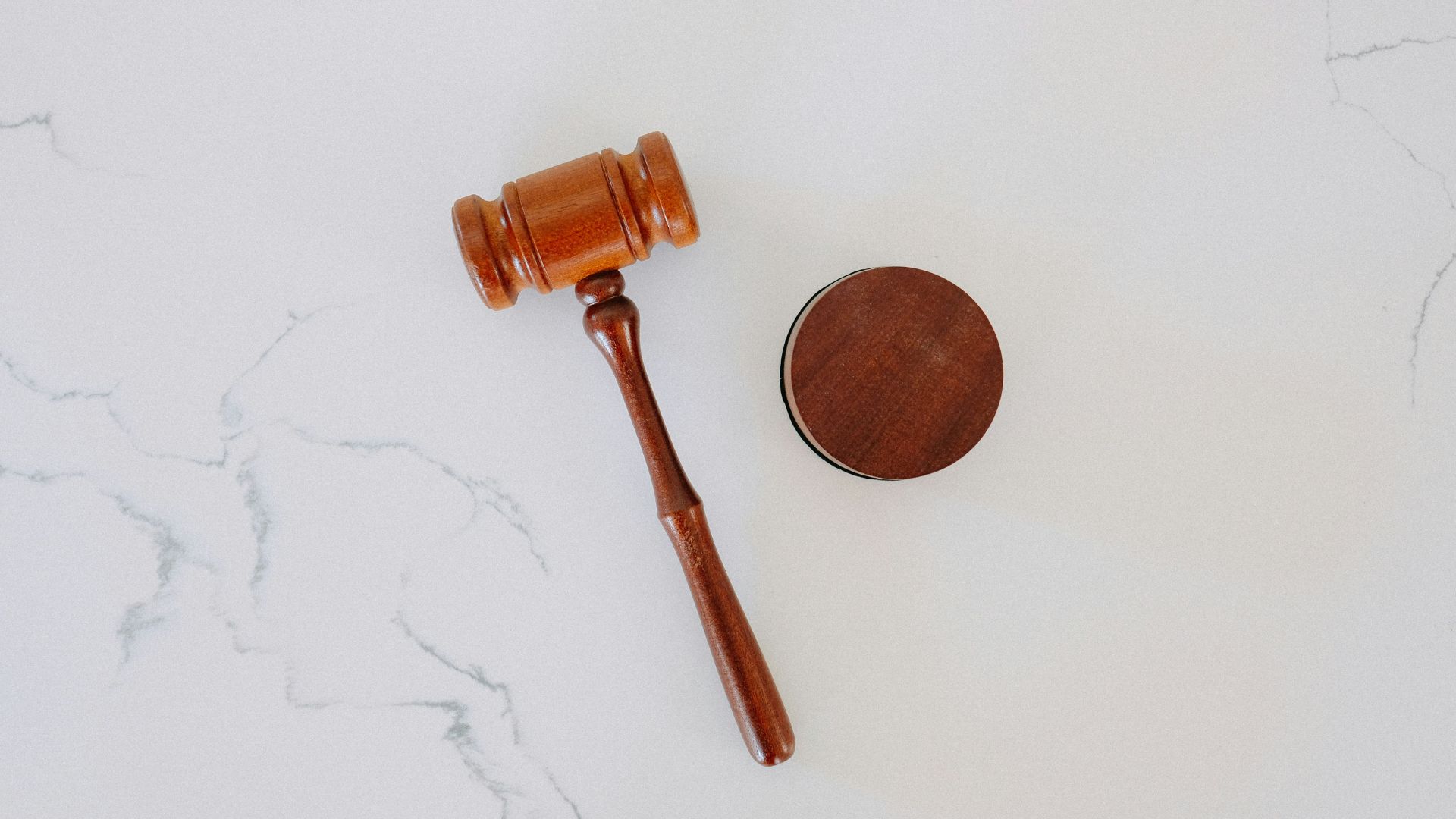
The Wisconsin Supreme Court, in a 4-3 decision earlier this year, ruled that Catholic Charities services to help the poor didn’t qualify under “typical” religious activities.
“Although CCB and the sub-entities assert a religious motivation behind their work, the statutory language indicates that this is not enough to receive the exemption. An objective examination of the actual activities of CCB and the sub-entities reveals that their activities are secular in nature. We therefore conclude that CCBand the sub-entities are not operated primarily for religious purposes within the meaning of Wis. Stat. §108.02(15)(h)2,” the Wisconsin Supreme Court opinion said.
Violating First Amendment
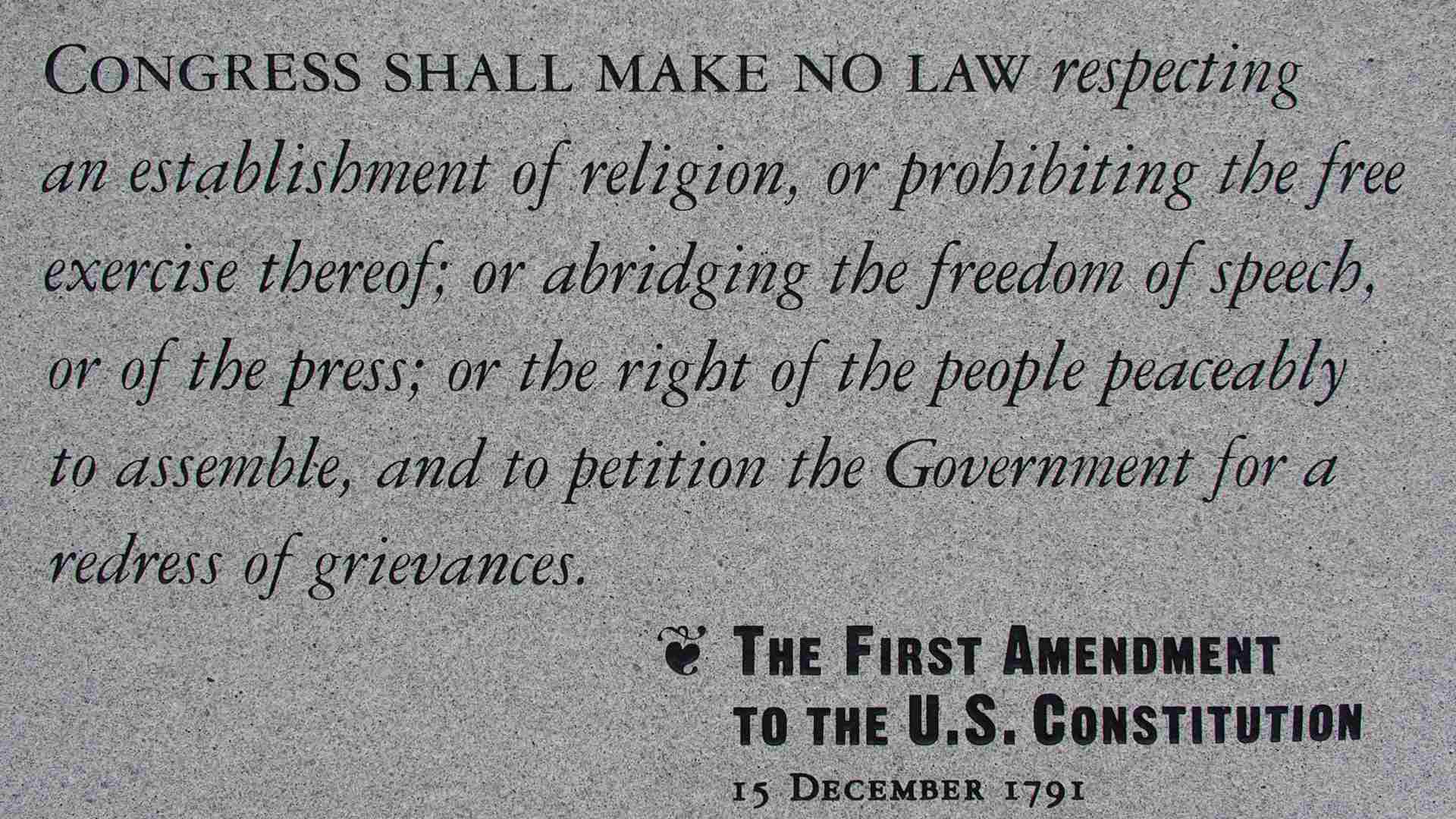
In addition to arguing that their activities are religious and not mostly secular like courts have ruled, Catholic Charities also feel their rights under the constitution have been violated.
In a legal brief, Catholic Charities alleges that Wisconsin law violates their First Amendment rights regarding their free exercise of religion.
Court Thinks Differently
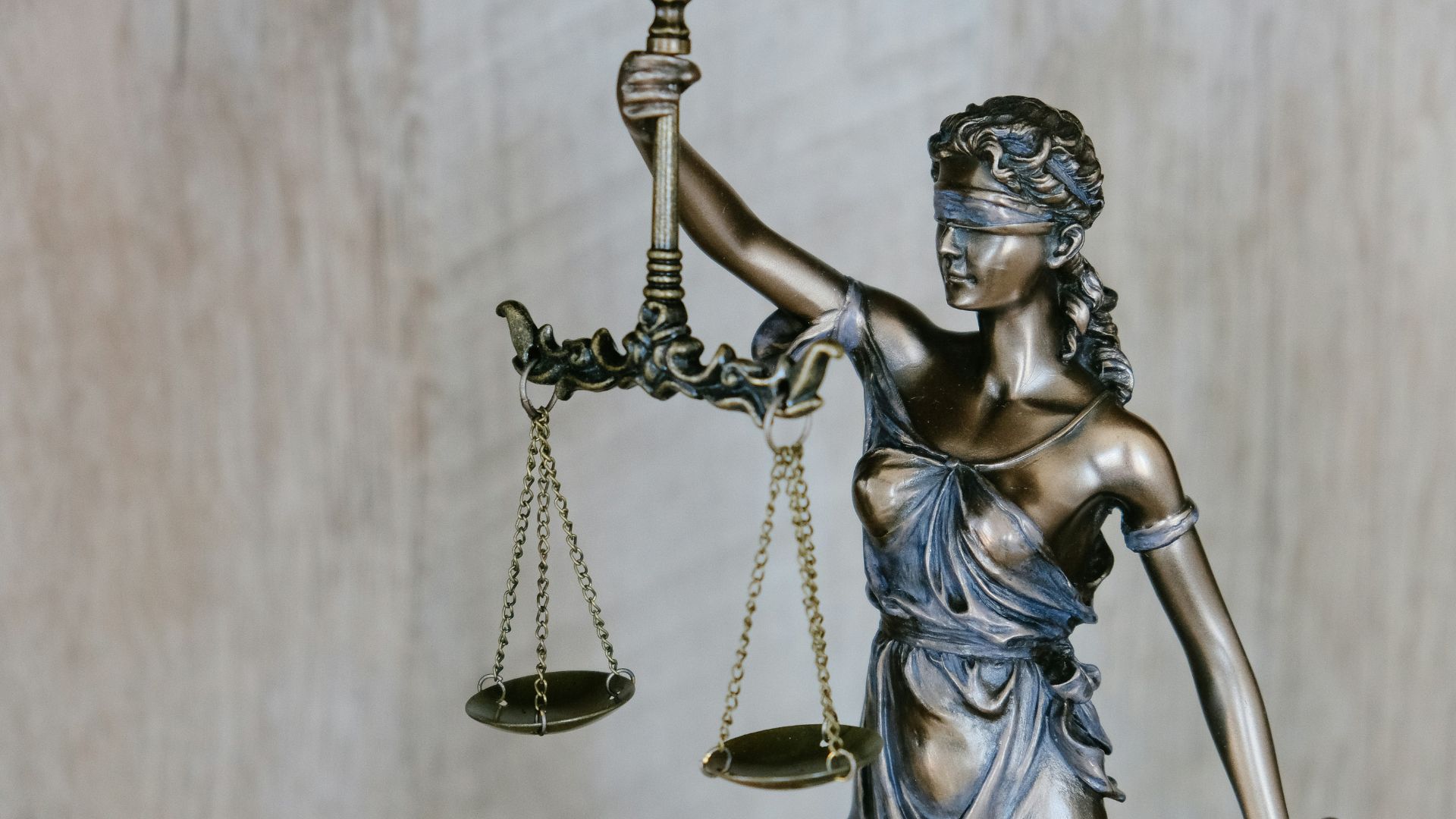
However, the Wisconsin Supreme Court also shot down this First Amendment argument from Catholic Charities in their decision.
“Accordingly, we conclude that CCB and the sub-entities have therefore not met their burden under their Free Exercise claim to show that the law as-applied to them is unconstitutional beyond a reasonable doubt,” the court opinion said.
Essential Ministry
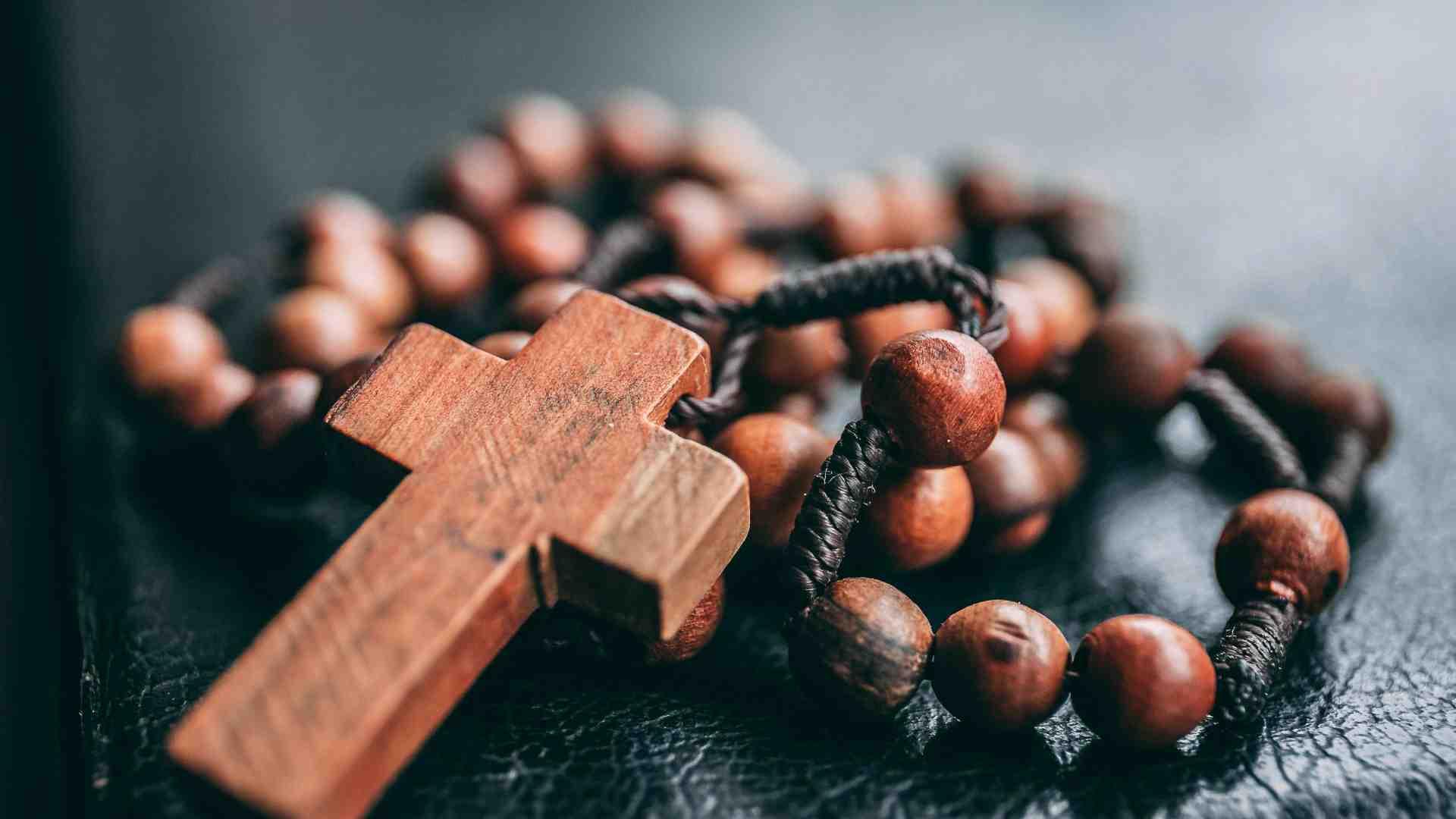
Bishop James Powers of the Diocese of Superior argues that Catholic Charities does important work in caring for vulnerable members of the community and those in need regardless of religious affilation.
“Catholic Charities Bureau carries out our Diocese’s essential ministry of caring for the most vulnerable members of our society,” said Bishop James Powers, Bishop of the Diocese of Superior. “We pray the Court will recognize that this work of improving the human condition is rooted in Christ’s call to care for those in need.”
Supreme Court Petition
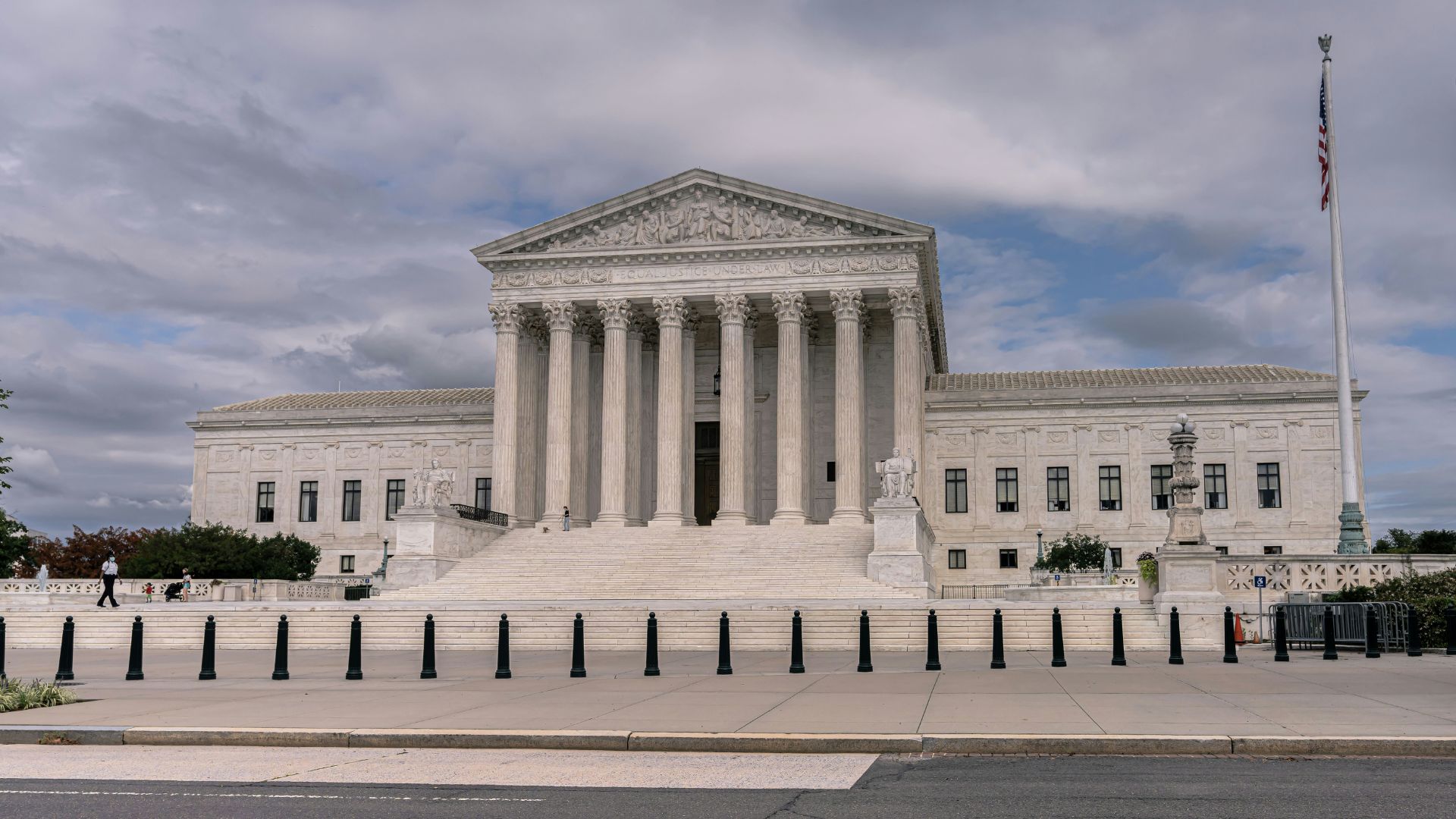
Now CCB is asking the United States Supreme Court to weigh in on their fight to get an exemption for their work helping the poor and disadvantaged.
The group is being represented by the religious liberty law firm known as Becket.
Conditioning Assistance
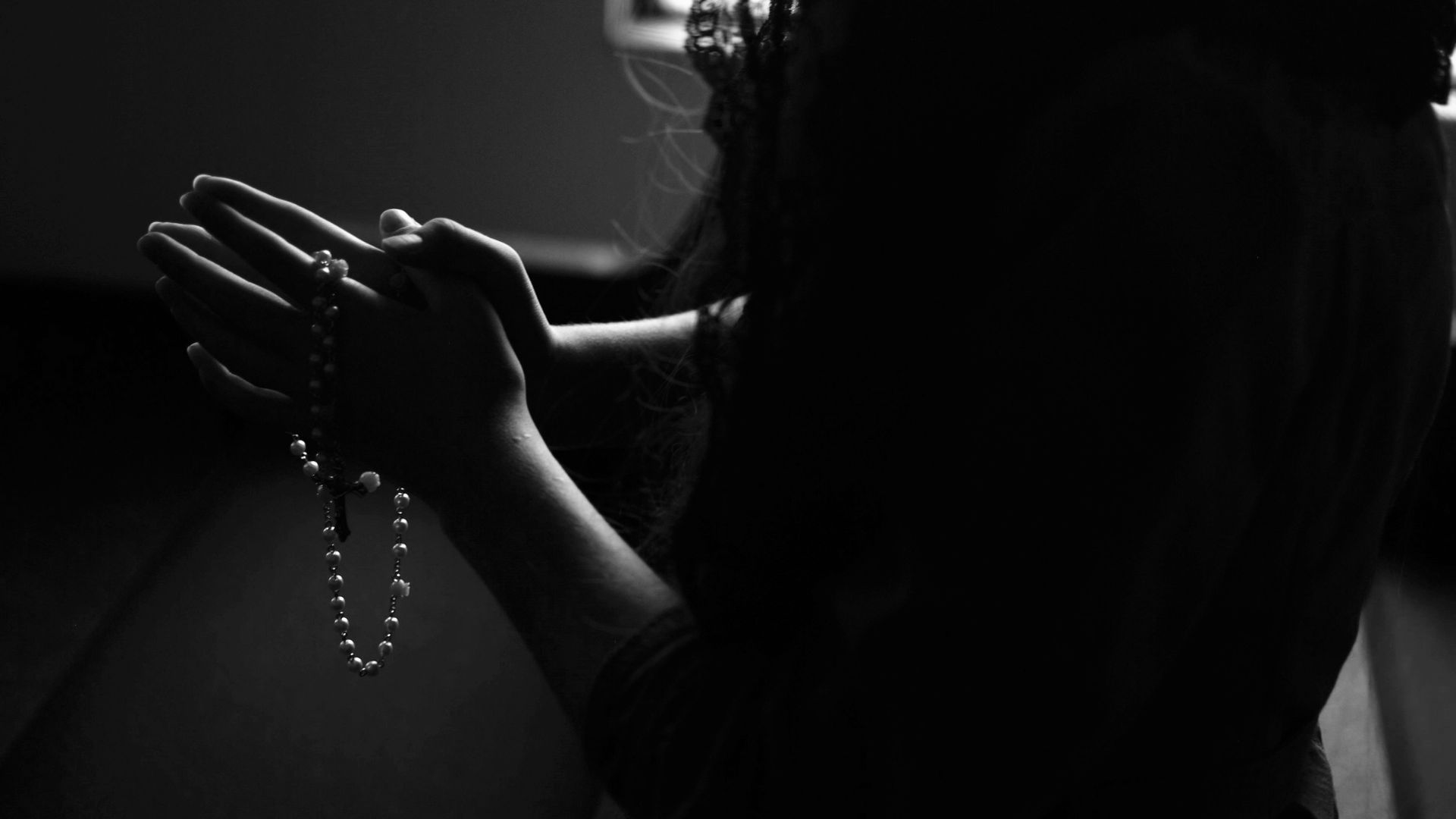
At the heart of the case is a question of Catholic doctrine around “conditioning assistance.” The Wisconsin Supreme Court argued that CCB could get an exemption if it limited hiring to Catholics and tried to convert the people it helped.
However, CCB has argued that the Catholic Church forbids as a matter of doctrine putting conditions on the assistance it provides to the less fortunate.
Cups of Water

In the Supreme Court petition, Catholic Charities used an analogy of a cup of water to illustrate the absurdity of the situation they are trapped in.
“Put another way, it doesn’t matter if Catholic Charities gives a cup of water in Jesus’ name, because non-religious charities offer cups of water too,” the petition states.
Patently Absurd
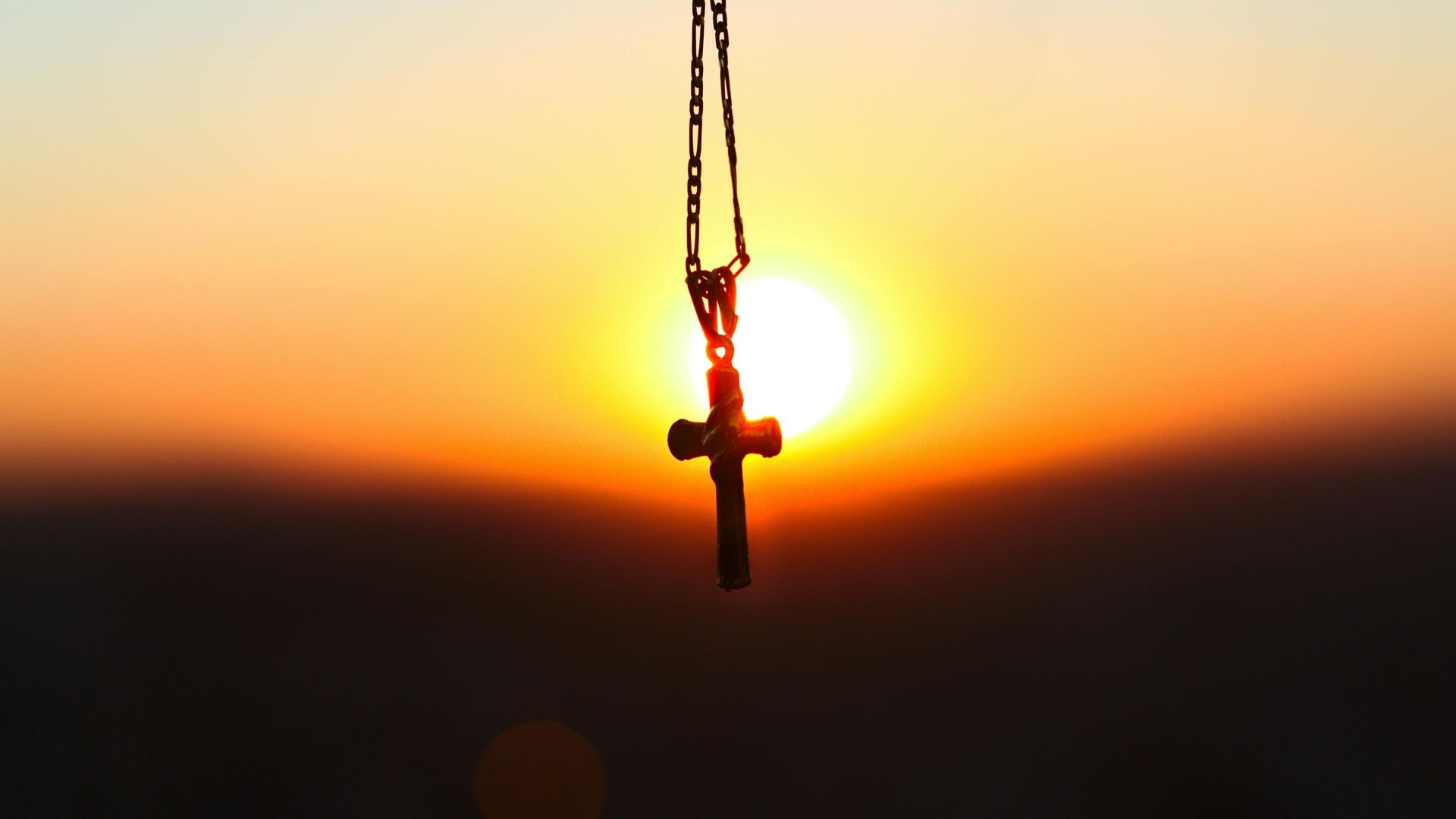
Eric Rassbach, the vice president and senior counsel at Becket, feels it is absurd that the state of Wisconsin is trying to tell Catholics what it means to be religious.
“It is patently absurd to say that a Catholic ministry’s care for the disabled, the poor, and the hungry is not religious,” said Rassbach. “But Wisconsin has done just that, mainly because Catholic Charities Bureau serves non-Catholics, too. We are hopeful the Court will correct Wisconsin’s misguided attempt to tell the Catholic Church what is and is not religious.”
Alternative Program
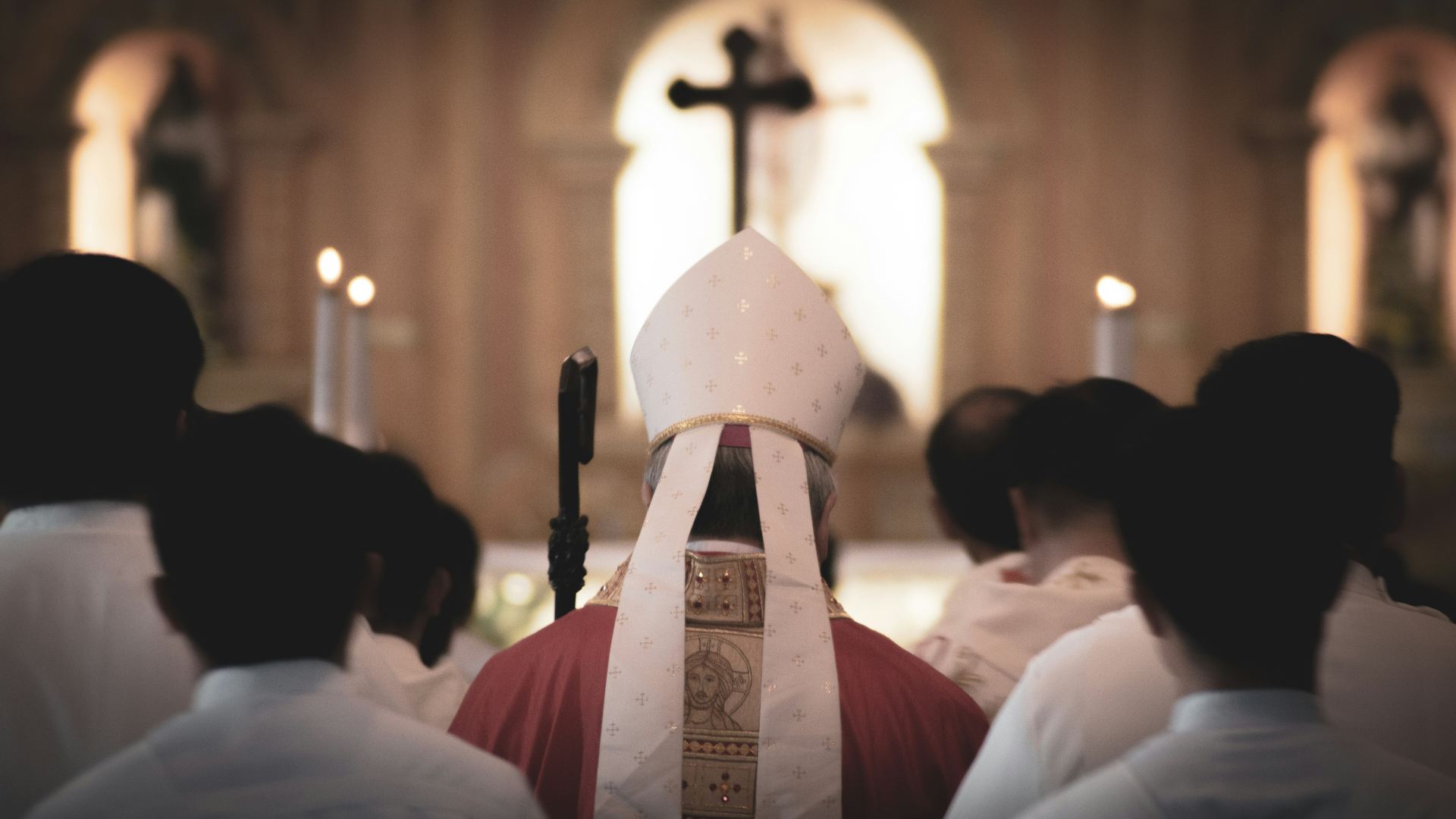
Nick Reaves, the senior counsel at Becket, told OSV News in an interview that another reason CCB wants to seek this exemption is so it can participate in an alternate program that is a better deal.
“So we want to participate in the Catholic bishops’ unemployment pay program, which provides the same benefits at a much lower cost,” Reaves said.
Better Benefits
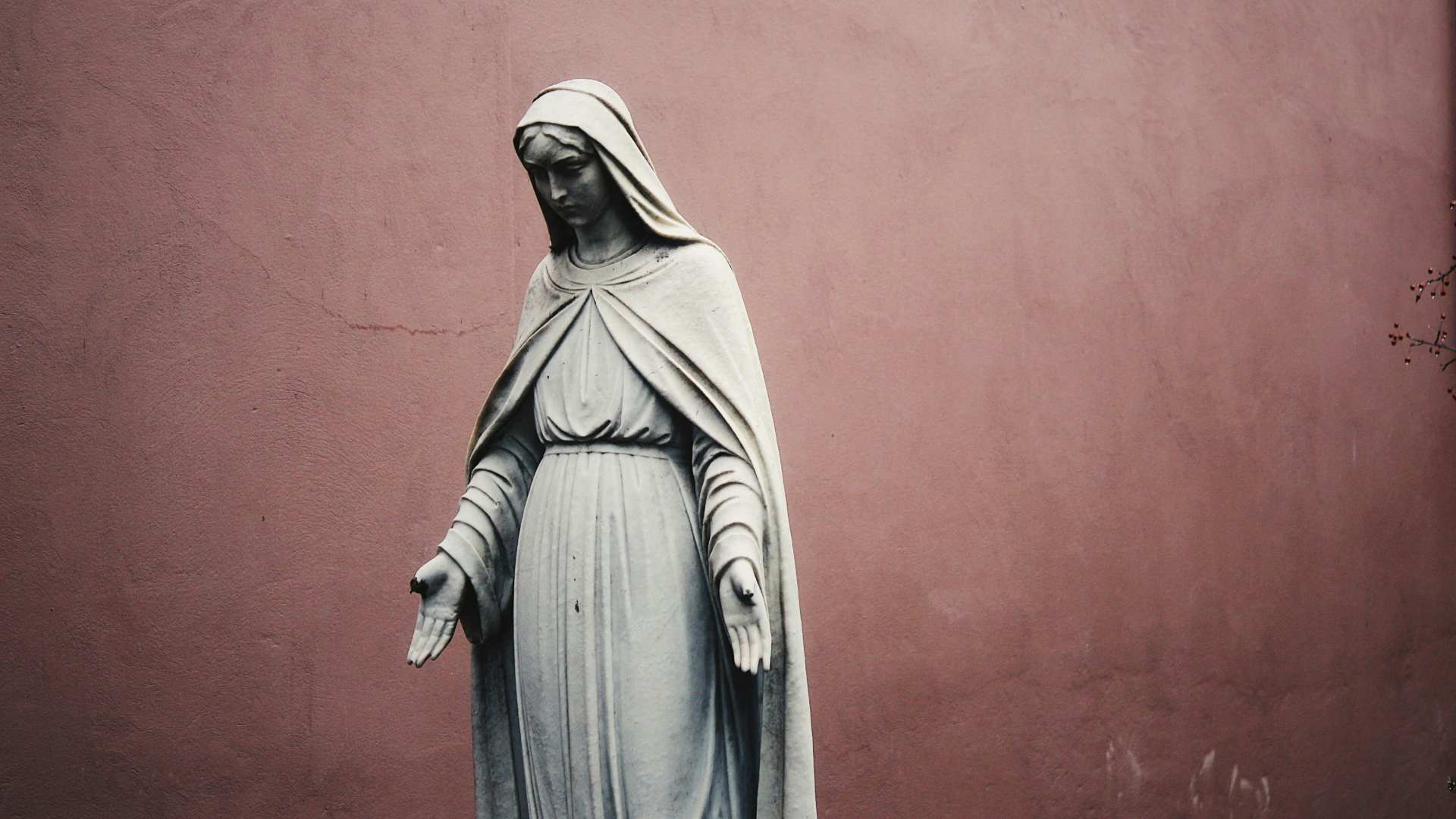
CCB argues that the alternative program is more efficient, allowing the agency to spend more on its charitable endeavors.
According to Reaves, CCB currently spends “both between man hours and actual costs in terms of paying this tax, hundreds of thousands of dollars.”
